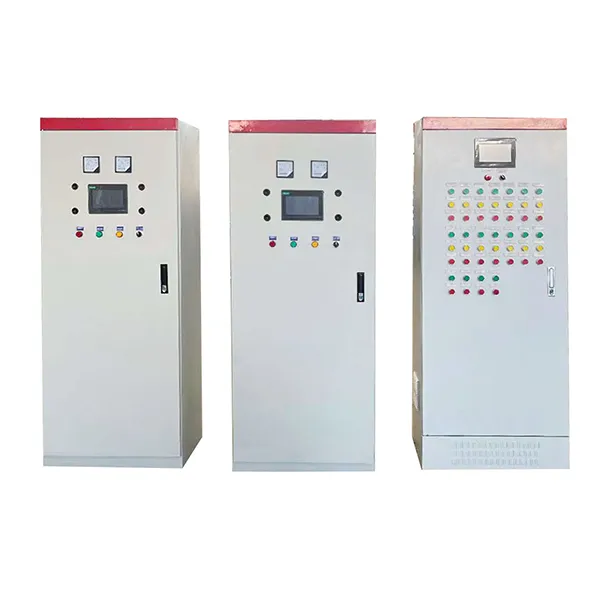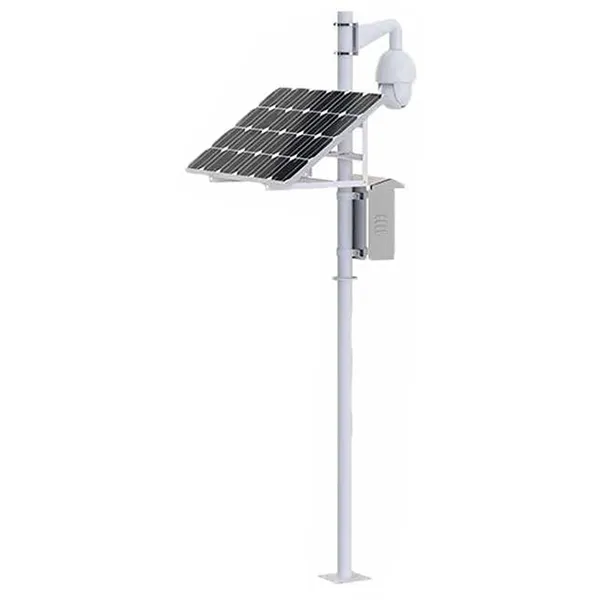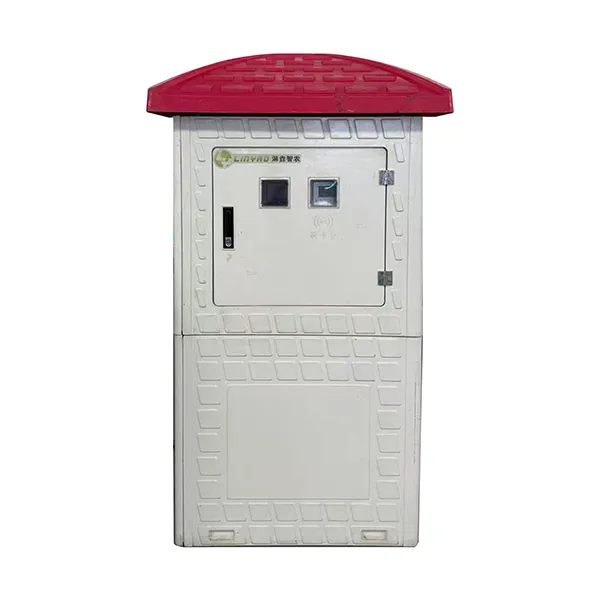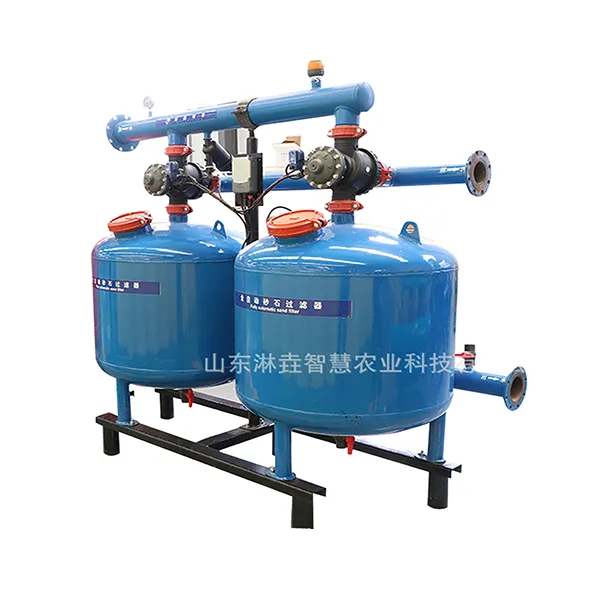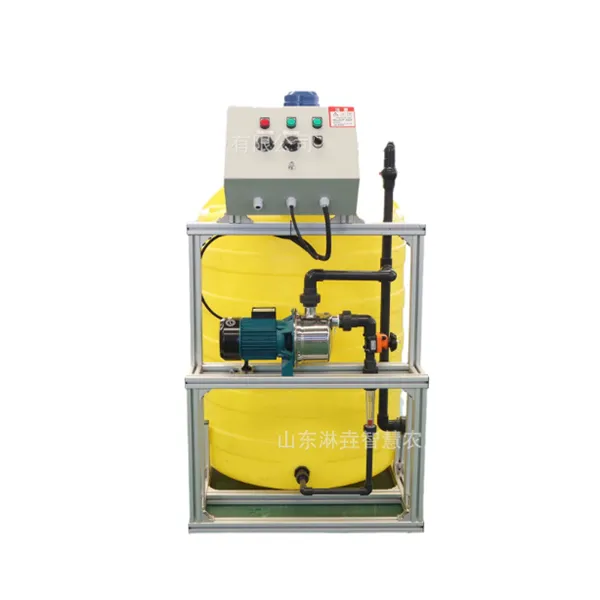
Centrifugal pump filter main buyer country
When you hear about filters for centrifugal pumps and the countries of buyers, many people immediately think of Germany or the USA, but in fact the bulk of orders come from regions with developed agriculture, where water often contains sand and organic matter. We at Shandong Linyao Intelligent Agriculture Technology LLC noticed this five years ago, when we began supplying drip irrigation systems to Central Asia - there, without a filter, a centrifugal pump simply cannot survive.
Why do purchasing countries influence filter design?
In Uzbekistan, for example, water from irrigation ditches often carries silt and small debris. At first they installed mesh filters, but they had to be cleaned every two hours during the watering season. We switched to combined ones - with a sump and a mesh, but this did not always save us. Once a client from the Fergana Valley complained that the pump was humming and losing pressure - it turned out that sand even passed through a 120 mesh filter. I had to revise the entire scheme.
It is important not just to sell a filter, but to understand which type is suitable for local water. In Kazakhstan, say, in the northern regions the water is softer, and in the south it is hard with impurities. This is critical for centrifugal pumps: if the filter does not cut off the abrasive, the impeller wears out over the course of a season. We at Shandong Linyao Intelligent Agriculture Technology LLC even started doing test water samples before selection - free of charge, but customers return.
Another point: in some countries they prefer dismountable filters because they can be cleaned in the field. And in others - for example, in Russia - they often ask for automatic flushers, so as not to waste time on maintenance. This affects both price and logistics. We once shipped a batch to Tajikistan, and there it turned out that spare parts for the automation could not be found - we had to urgently deliver the valves separately.
Mistakes when choosing a filter for a specific buyer
We used to think that the main thing was throughput. Once we installed a high-performance filter into a system for greenhouses in Kyrgyzstan, and the water there turned out to have a high clay content—the filter clogged within a day. I had to add a pre-sump. Now we always specify not only the volume of water, but also the type of source: river, well, lake.
Another common mistake is ignoring local standards. Some CIS countries, for example, require certificates for filter materials, especially if the system is used for drinking water or vegetable growing. We once almost failed a tender in Azerbaijan due to the fact that we did not provide documents for a stainless steel case. Now we always keep a set of certificates for the main models.
And one more thing: not everyone understands that a filter for a centrifugal pump is not a universal part. If the pump is used to irrigate fields, one type is needed, if it is used to supply farm water, another type is needed. We at Shandong Linyao Intelligent Agriculture Technology LLC have even developed a selection table by country, taking into account local regulations and typical problems. We distribute it free of charge to our partners to avoid misunderstandings.
How Shandong Lingyao LLC adapts filters to markets
On our website https://www.lyzhihuinongye.ru there is a section with cases - there we post real examples from Uzbekistan, Kazakhstan, and Russia. For example, for a project in the Astrakhan region, filters with double cleaning were installed: first a centrifugal separator, then a mesh. There, water from the Volga contains a lot of suspended matter, and conventional filters could not cope.
We often modify the design upon request. Once we were contacted by an agricultural complex in Belarus - we needed a filter that could withstand temperature changes. We added an insulated body and reinforced fastenings. By the way, we do not advertise such improvements en masse, but we do our best to accommodate regular customers - the main thing is that the system works without failures.
It is also important to consider local infrastructure. In Mongolia, for example, it is difficult to supply spare parts, so we supply filters with spare sets of screens and seals. This increases the cost, but customers appreciate less downtime. By the way, it was after this that they began to recommend us to neighboring regions.
Practical nuances of installation and maintenance
When installing a filter for a centrifugal pump, many people forget about the bypass line. There was a case in Kazakhstan: the filter jammed and the entire system stopped working. We had to urgently install a bypass - now we always recommend installing it right away. This is especially important in countries where service centers are far away.
Another point is the orientation of the filter. If you put it horizontally instead of vertically, the efficiency drops by 15-20%. We once carried out tests at a stand at Shandong Linyao Intelligent Agriculture Technology LLC - the difference in pressure is immediately noticeable. Now we add installation diagrams with arrows in the instructions, but we still periodically receive photos with incorrect installation.
Service is a separate issue. In countries with hot climates, such as Turkmenistan, rubber seals quickly age. We recommend changing them once a year, even if the filter appears intact. By the way, we have started supplying EPDM seals - they hold the temperature better, but are more expensive. Not all clients agree, but those who try it come back for more.
What affects filter longevity in different countries?
The chemical composition of the water is obvious, but there are other factors. For example, in the coastal regions of Russia, water may contain salts that corrode the mesh. We tried to install meshes made of AISI 316 stainless steel, but they are not always affordable for small farms. We had to develop a compromise option - with an epoxy resin coating. Not ideal, but it works for budget projects.
It is also important how often the filter is used. In southern countries, where watering occurs all year round, wear and tear is higher. We once analyzed returns from Uzbekistan - there the nets fail after 2-3 seasons, although in Russia the same models last 5-6 years. Now for such regions we recommend more frequent replacement and install differential pressure sensors so that the client can see when to clean.
And lastly: the human factor. In some countries, operators like to clean filters with metal brushes - they scratch the mesh. I had to add pictures to the instructions showing proper cleaning with a jet of water. It's a small thing, but it extends the life of the equipment. We at Shandong Linyao Intelligent Agriculture Technology LLC even conduct online training for large customers to avoid such problems.
Correspondingproducts
Related Products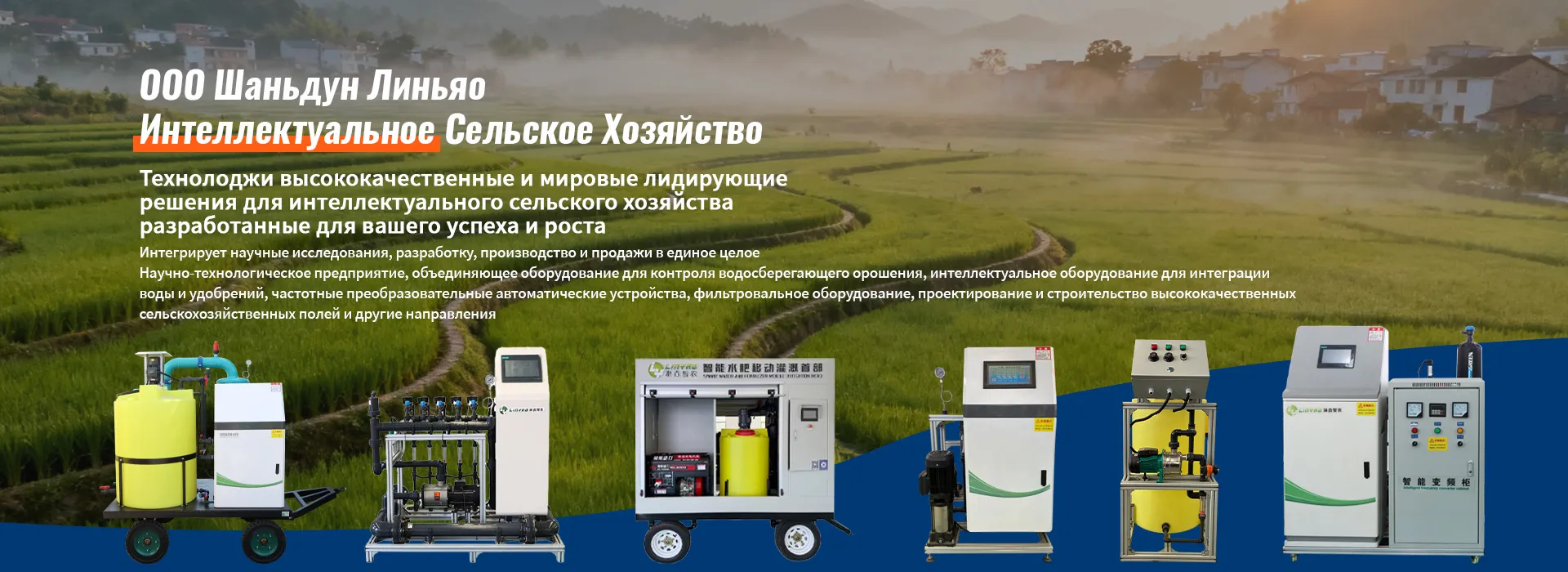
Best Sellingproducts
Best Selling Products-
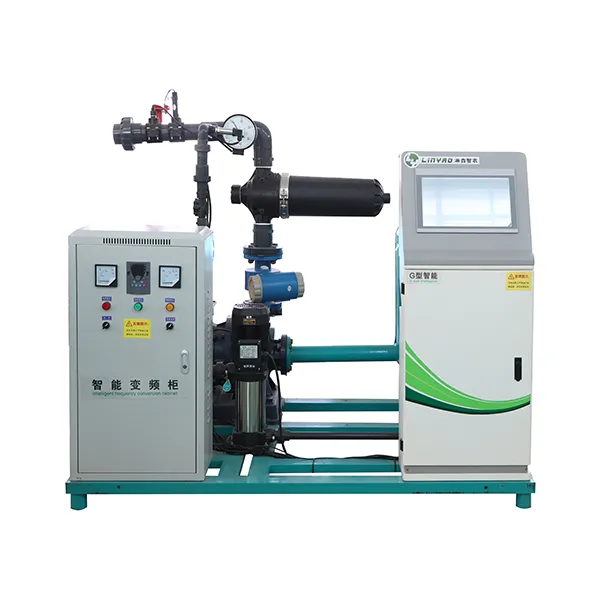 Intelligent Irrigation Control System
Intelligent Irrigation Control System -
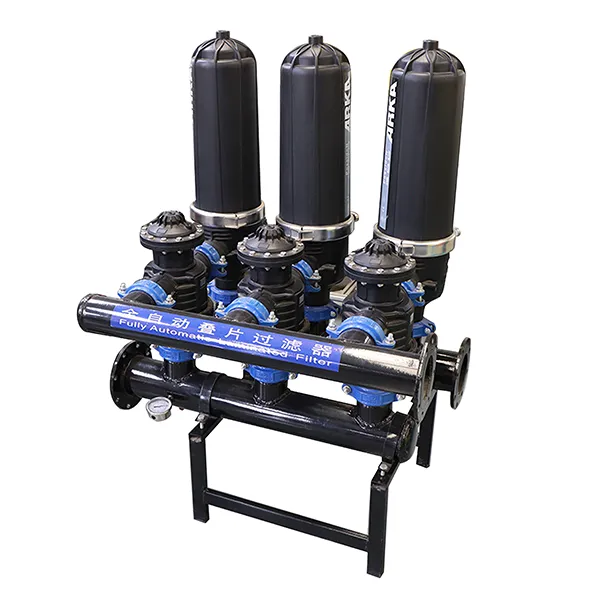 Disc filter with automatic flushing
Disc filter with automatic flushing -
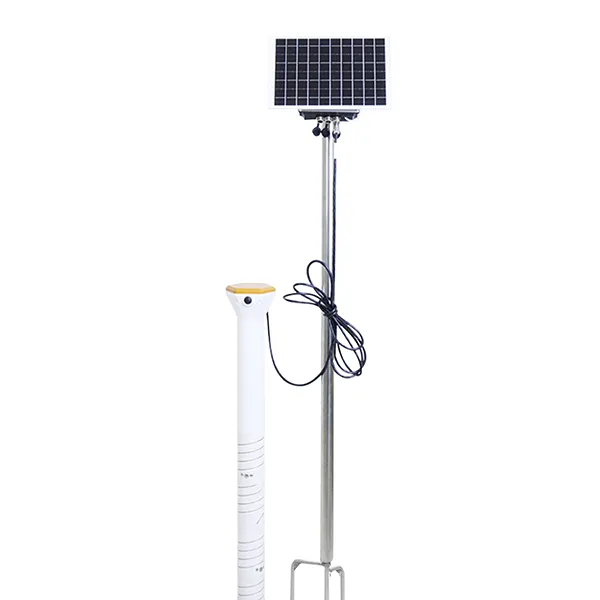 Soil Moisture Monitoring Station
Soil Moisture Monitoring Station -
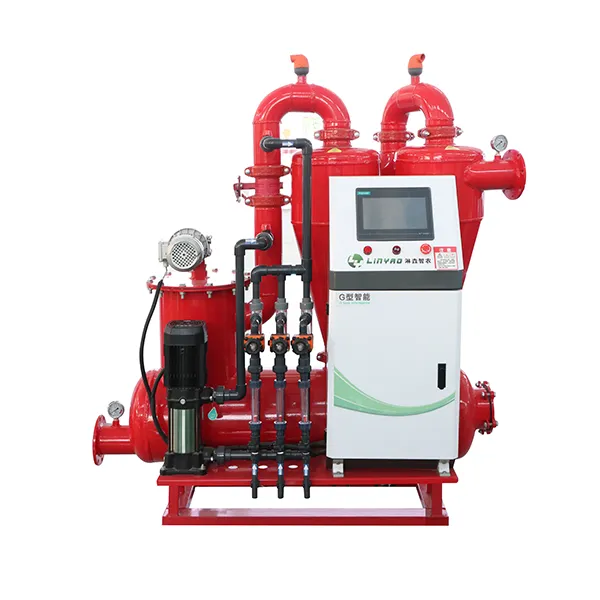 Automated Dual Function Water Fertilizer Filtration Machine
Automated Dual Function Water Fertilizer Filtration Machine -
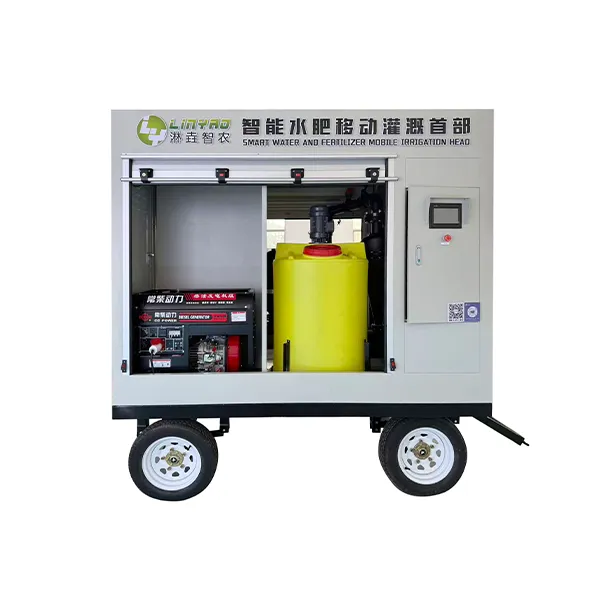 Intelligent mobile head for irrigation and fertilization
Intelligent mobile head for irrigation and fertilization -
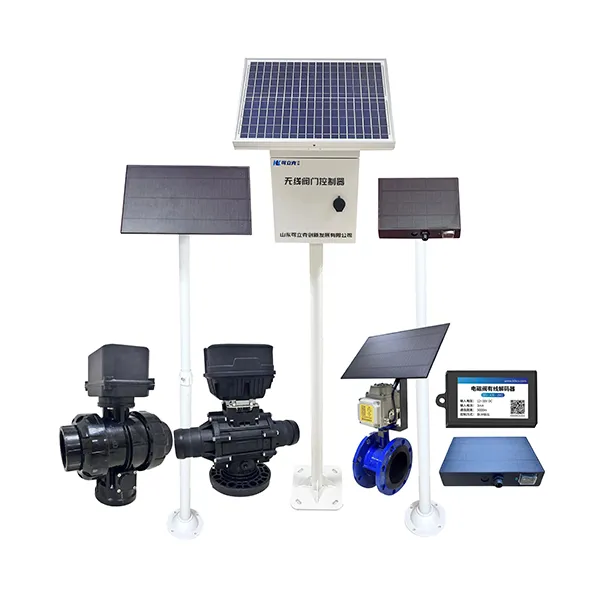 Wireless valve control
Wireless valve control -
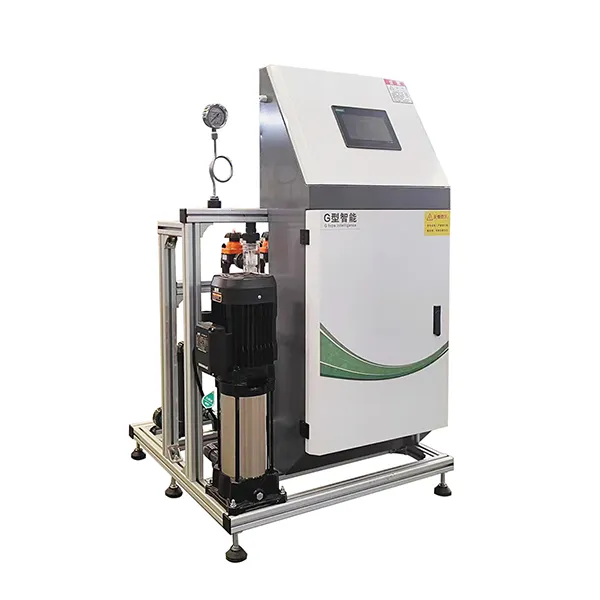 Three-channel intelligent water and fertilizer integration apparatus with 7-inch screen
Three-channel intelligent water and fertilizer integration apparatus with 7-inch screen -
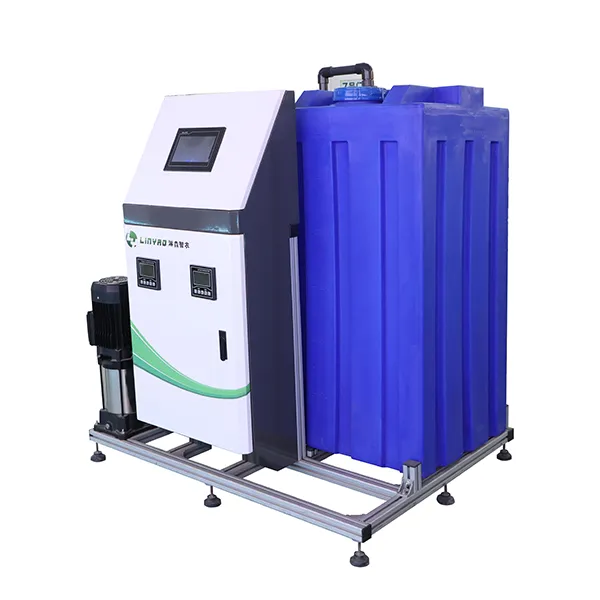 Fertilizer pre-mix fertilizer machine
Fertilizer pre-mix fertilizer machine -
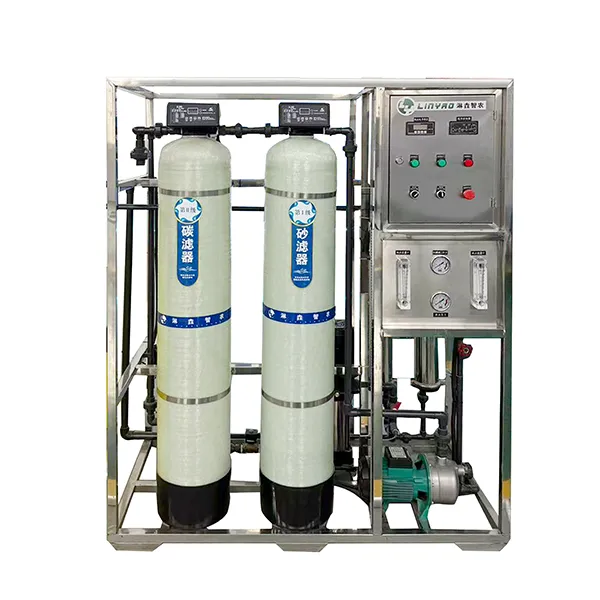 ABC Single Stage Reverse Osmosis Water Purification System
ABC Single Stage Reverse Osmosis Water Purification System -
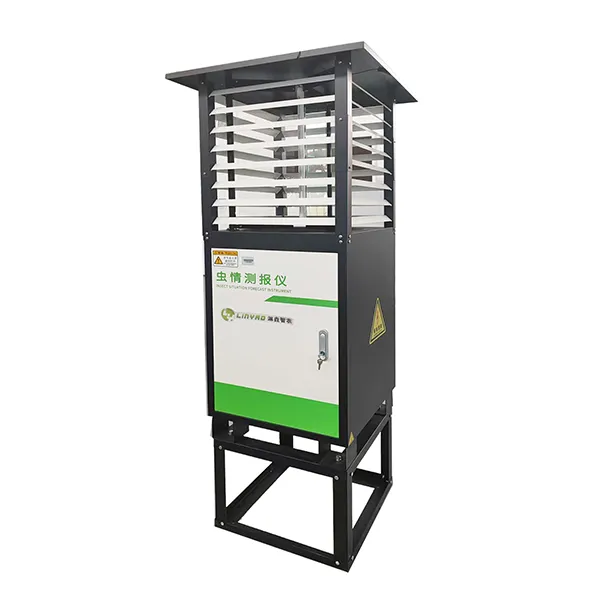 Intelligent pest monitoring equipment
Intelligent pest monitoring equipment -
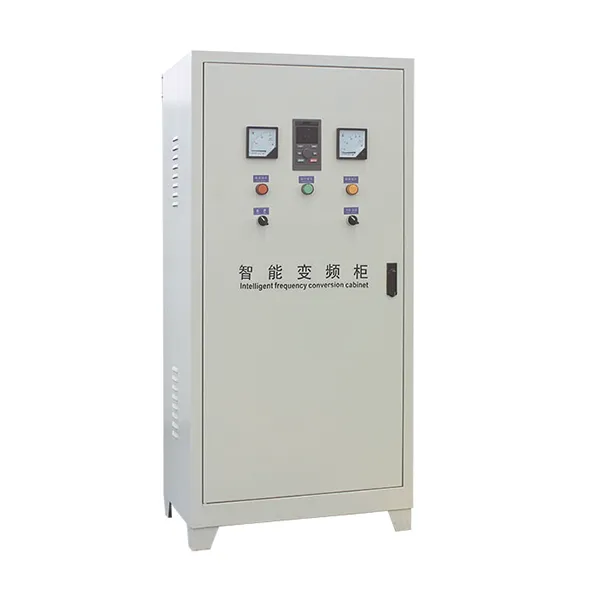 Intelligent Frequency Converter Cabinet
Intelligent Frequency Converter Cabinet -
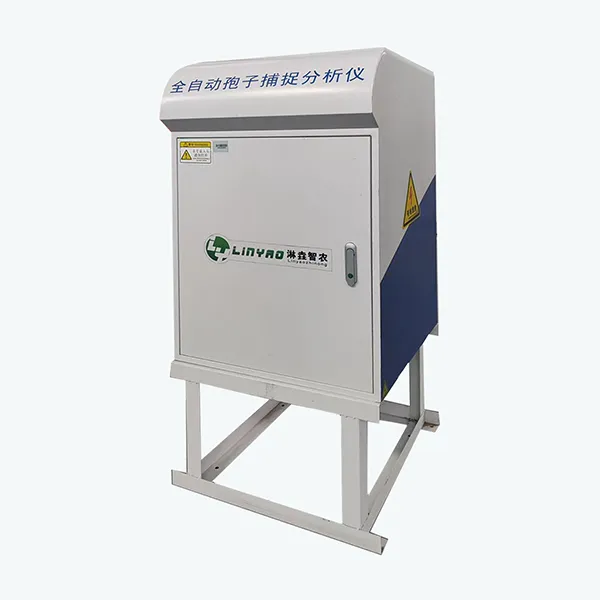 Fully automatic spore analyzer for agriculture
Fully automatic spore analyzer for agriculture
Relatedsearch
Related Search- Smart farming in agriculture manufacturer
- Centrifugal water purification filter manufacturer
- Reclamation irrigation system suppliers
- Popular Smart Farm Irrigation and Fertilizer Suppliers
- Drip irrigation with fertilizer supplier
- Electric damper valve suppliers
- Solenoid valves main buyer country
- Drip irrigation system for agricultural greenhouses and large fields main buyer country
- Agricultural weather station buyer's main country
- Solenoid valve 2.5 inch dc24v supplier


